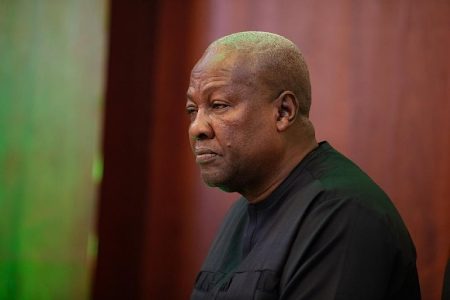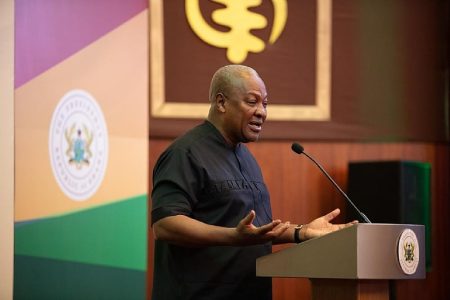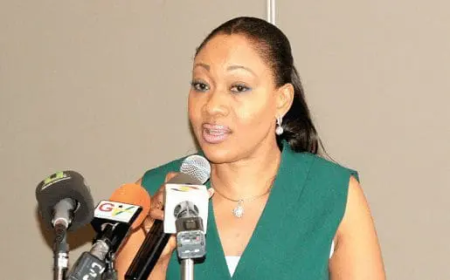The Telecel Ghana Music Awards (TGMA) Board has addressed the controversy surrounding the recent nominations, particularly the omission of King Paluta’s song “Makoma” from several key categories. The Board clarified its “one song nomination per category” rule, explaining that it’s designed to maximize an artist’s chances of winning by consolidating fan votes. This rule, with exceptions for collaborative categories, aims to prevent vote splitting among an artist’s multiple songs within the same category. The Board emphasized that this rule was uniformly applied and not specifically targeted at any artist. In King Paluta’s case, his song “Aseda” was deemed more popular and thus selected over “Makoma” for categories like Most Popular Song of the Year and Highlife Song of the Year based on streaming and radio play data.
The controversy stemmed from King Paluta’s petition to the Board questioning the exclusion of “Makoma,” a song considered by many a strong contender, especially for the Most Popular Song of the Year award. The Board’s response aimed to clarify the rationale behind their decision, highlighting the importance of consistent rule application across all nominees. The “one song per category” rule, they explained, is a measure to create a level playing field and ensure that artists with multiple potential hits don’t inadvertently sabotage their own chances by splitting the votes amongst their own songs. This, in theory, allows for a fairer competition where other artists with single strong entries have an equal opportunity to win.
The TGMA Board’s statement elaborated on the selection process, specifically addressing the criteria used to choose between King Paluta’s two songs. According to the Board, “Aseda” outperformed “Makoma” in terms of both streaming numbers and radio airplay, making it the more suitable choice for the categories in question. This data-driven approach, the Board argued, provided an objective basis for their decision and further reinforced the application of the “one song per category” rule. The Board reiterated that the rules are designed to promote fairness and maximize every artist’s potential for recognition.
The Board’s statement underscored their commitment to transparency and stakeholder engagement. They emphasized the importance of the “error and omission window” as a learning opportunity and encouraged ongoing dialogue with artists and the public. The Board acknowledged the value of feedback received and invited further inquiries through their official email address. This open communication strategy aims to build trust and understanding within the music community and address any concerns regarding the nomination process.
The controversy surrounding King Paluta’s nomination highlights the ongoing debate about the balance between popularity and artistic merit in award shows. While data-driven metrics like streaming and radio play offer quantifiable measures of popularity, they don’t always capture the nuanced aspects of artistic quality or cultural impact. The TGMA Board’s decision, based on readily quantifiable metrics, reflects a common approach to award nominations, prioritizing popularity as a key determinant. However, debates about the most effective and equitable ways to evaluate and recognize artistic achievement are likely to continue.
The TGMA Board’s response to King Paluta’s petition exemplifies the complexities inherent in award show nominations. The need to establish clear and consistently applied rules often clashes with the subjective nature of artistic evaluation. While the “one song per category” rule aims to create a fairer competition, it also raises questions about adequately representing an artist’s full body of work. The ongoing conversation surrounding these issues highlights the importance of dialogue and transparency between award organizers, artists, and the public. The TGMA’s willingness to address the controversy and engage in open communication hopefully paves the way for a more inclusive and equitable awards process in the future.














